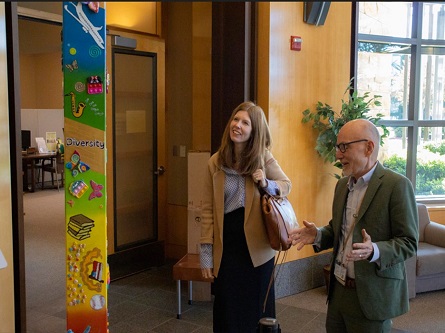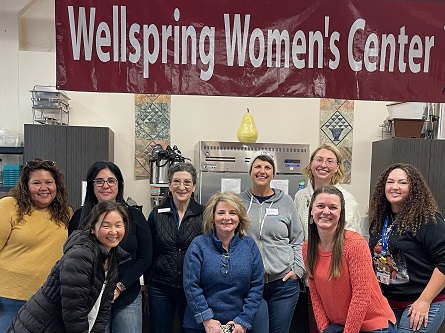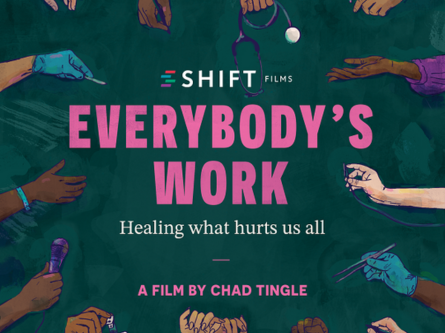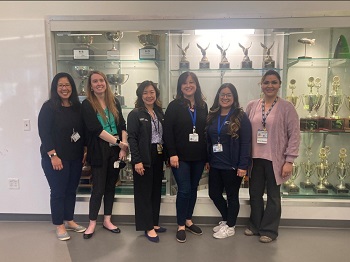
The MIND Institute’s IDARE Action plan was developed based on the shared vision and leadership of our DEI Committee members and Allies, mentorship from and collaboration with partners who are deeply invested in health equity, and the support of our MIND Institute Leadership. Our vision at the MIND Inst. is to advance health equity for individuals with neurodevelopmental disabilities and help people live the best lives possible. Our IDARE Committee includes culturally and linguistically diverse faculty, trainee, and staff members who prioritize research, clinical care, public service, or training in their daily work. These individuals led the charge to develop our IDARE Action Plan goals and they actively implement our goals. We count on each of our IDARE members to uplift the voices of historically underrepresented individuals through their representation, by example, and in a way that counters our typical, hierarchical, academic practices, while creating a DEI community as a foundation for our efforts.
Partnerships with Drs. Maisha and Lawrence Winn (Transformative Justice in Education Center), Professor Tawara Goode (Georgetown National Center for Cultural Competence), as well as many nationally and internationally respected leaders in DEIB to learn more about restorative and transformative practices, cultural humility, cultural and linguistic competence, and belonging have guided the development of our IDARE Action Plan. After a series of listening circles with members through the MIND Inst., we developed a comprehensive and strategic DEIB plan, including goals to improve recruitment and retention, a climate of belonging, training, and DEIB integration into our core areas of function (e.g., research, community and clinical service, training).
We have made progress toward our long-term goals through the persistence, dedication, and hard work of many of our members. To address recruitment and retention, we have initiated a summer pilot program in partnership with a Historically Black College and university (Xavier University), sustained our current undergraduate pathway program (RISE-UP, CDC Office of Minority Health), and we are further developing learning opportunities for historically underserved high school students and for our post-baccalaureate staff members. We developed and implemented a recruitment and selection process for our LEND (Leadership Education in Neurodevelopmental and other related Disabilities) program to prioritize the involvement of a culturally and linguistically diverse cohort of trainees.
In the area of climate, we have created a peace pole, artwork developed by autistic individuals, their families, and staff, are piloting a restorative practice room for employees, held numerous employee appreciation and newsletter postings to highlight DEI contributions by our members, and have had wonderful support from our publicity staff to communicate our positive progress. We are in the process of understanding from our staff/faculty/trainees what we need to improve to further co-create a climate of belonging at the MIND Inst.
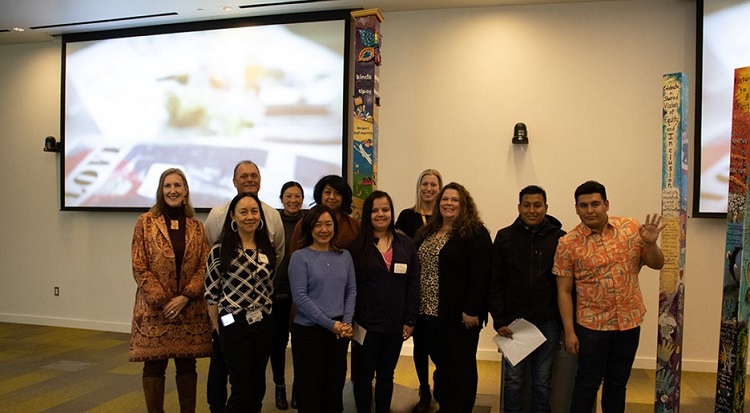
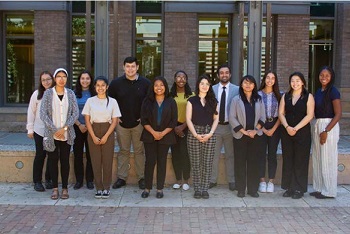
To uphold the spirit of cultural humility, we have instituted regular trainings by community partners to learn more about historically underrepresented, culturally and linguistically diverse people in our immediate region, and improved our clinical service to better serve diverse populations (e.g., new Spanish clinic “CRECE,” increasing medical access for Medi-Cal patients, community clinic service). We have created various DEIB learning opportunities for MIND Inst. members by providing books to support the Campus Book club event and facilitating trainee circles and book club events. Within the context of disability specifically, we are trying to be more intentional about providing plain language materials for our clinical and research products through support from our new Plain language committee. We are partnering with various departments to create an autism hospital friendly initiative, which will provide education and training to support autistic individuals and their families. We continue to develop efforts to engage with and learn from community partners, to further develop our relationships, and learn about community needs so that we can, in turn, improve our public service.
Our revised 2023 vision best summarizes our collective intent to advance DEIB: The MIND Institute is an interdisciplinary, collaborative research, clinical, and educational center committed to deepening our scientific understanding of the challenges associated with autism and other neurodevelopmental conditions. The vision of the MIND Institute is to develop more personalized, equitable, and scientifically validated systems of support and interventions that help neurodivergent individuals to live their best lives. It has taken a multitude of individuals to create the start of this change, which we hope will sustain in the years to come.
For more information about the IDARE/DEI Committee at the MIND Inst. please visit our website: Embedding DEI | UC Davis MIND Institute

